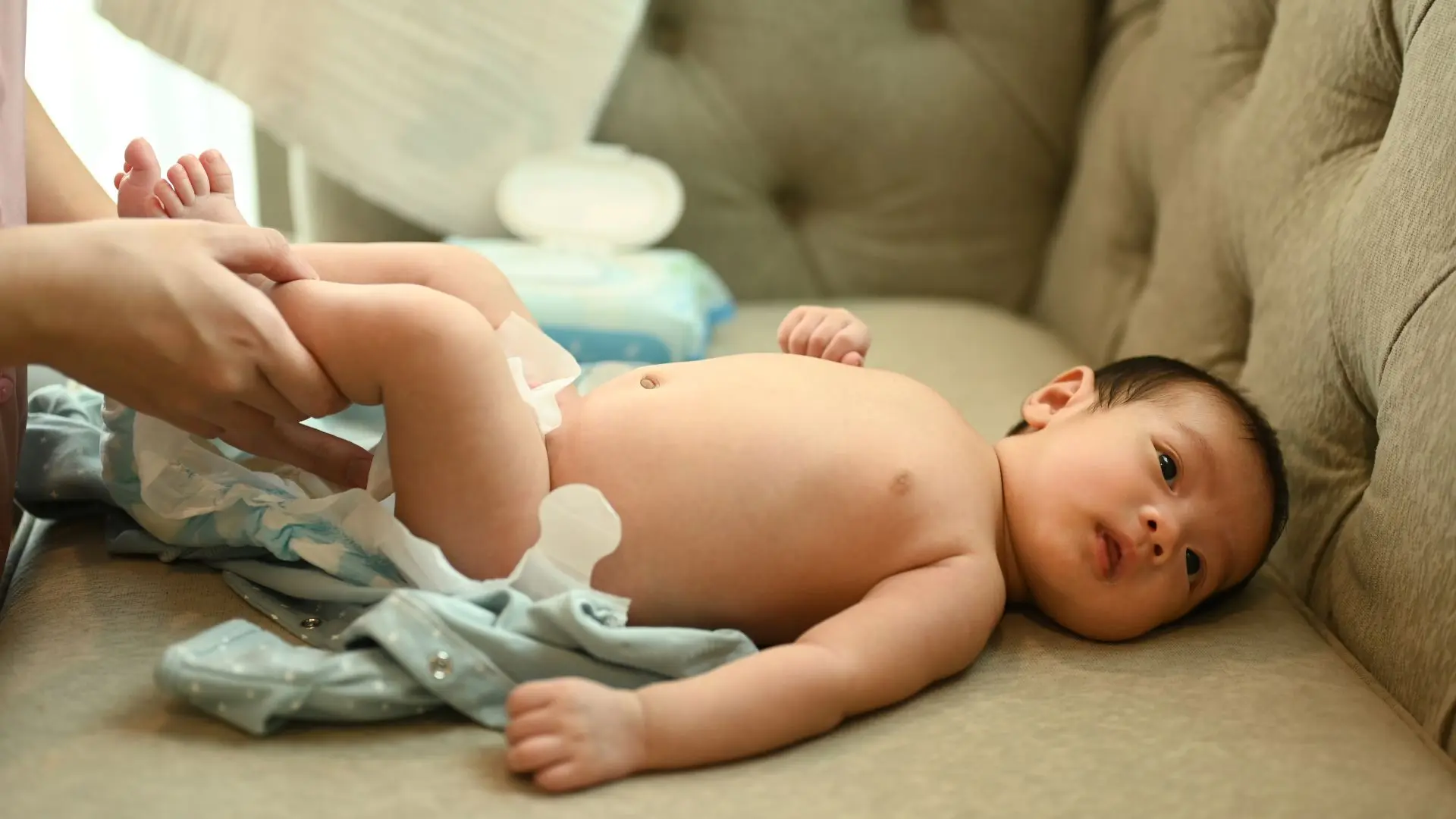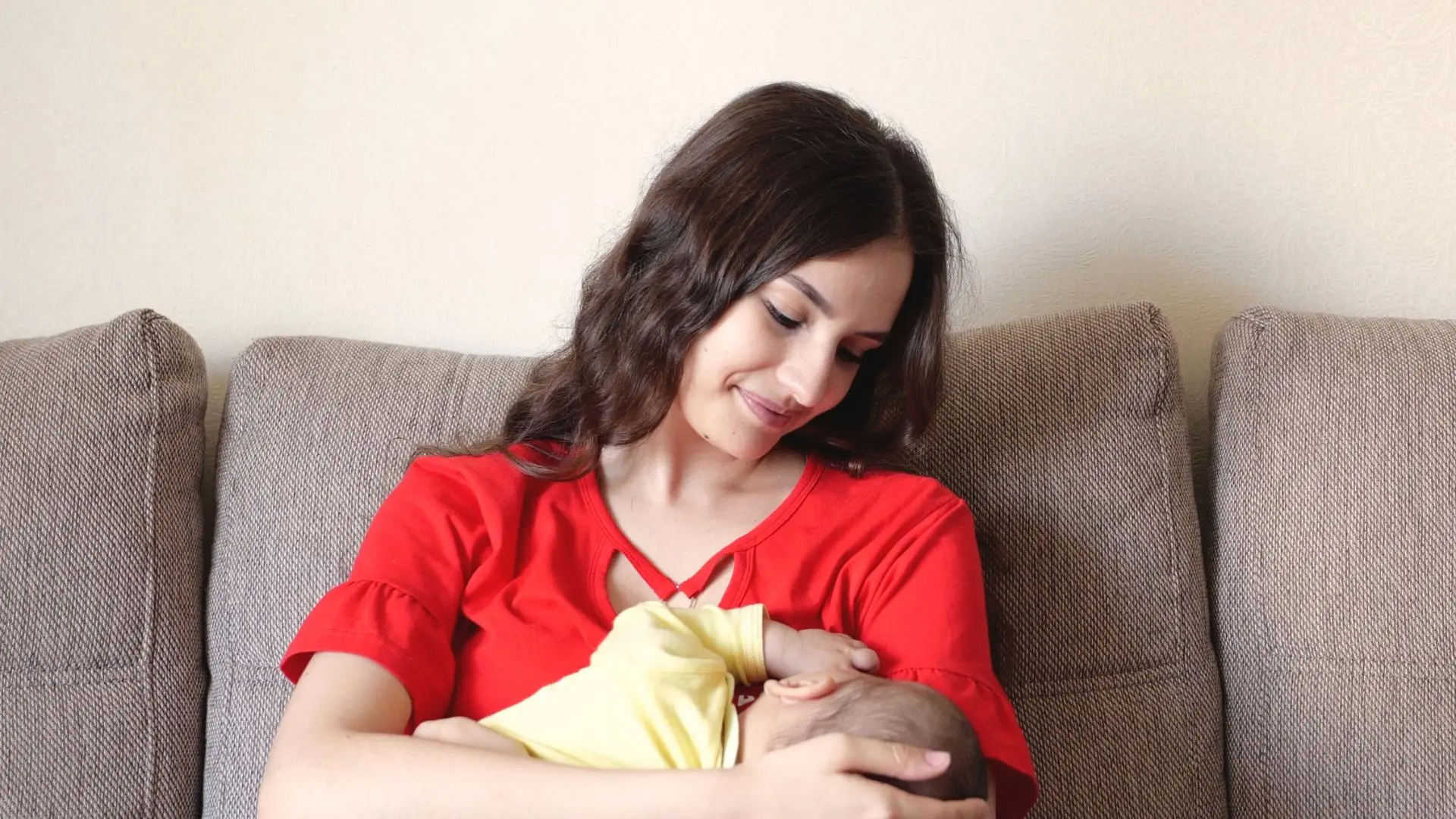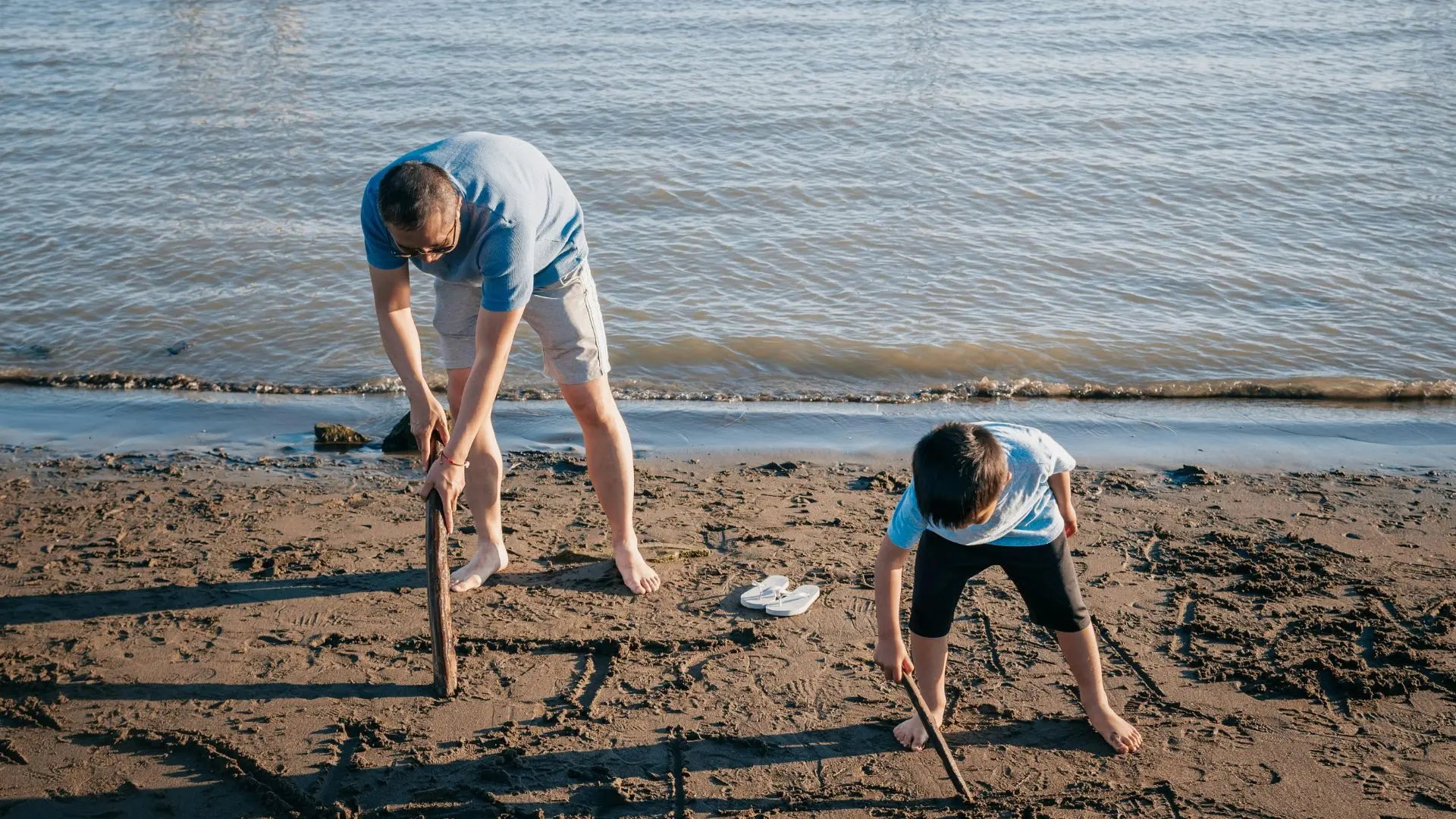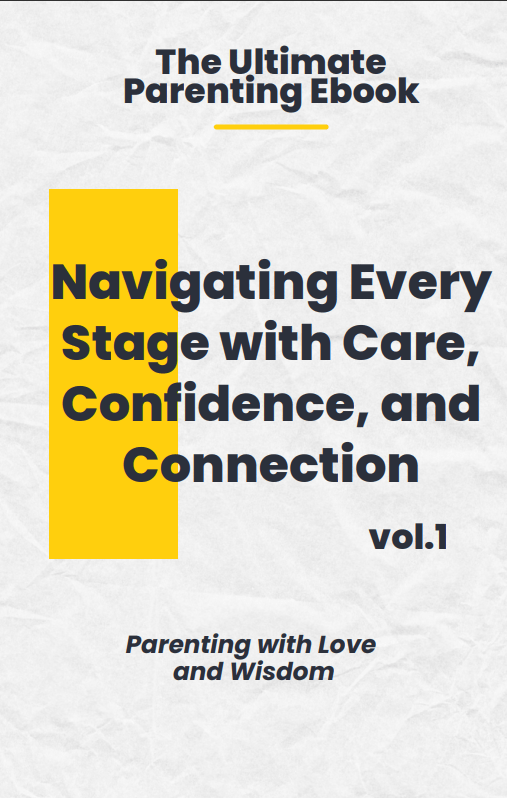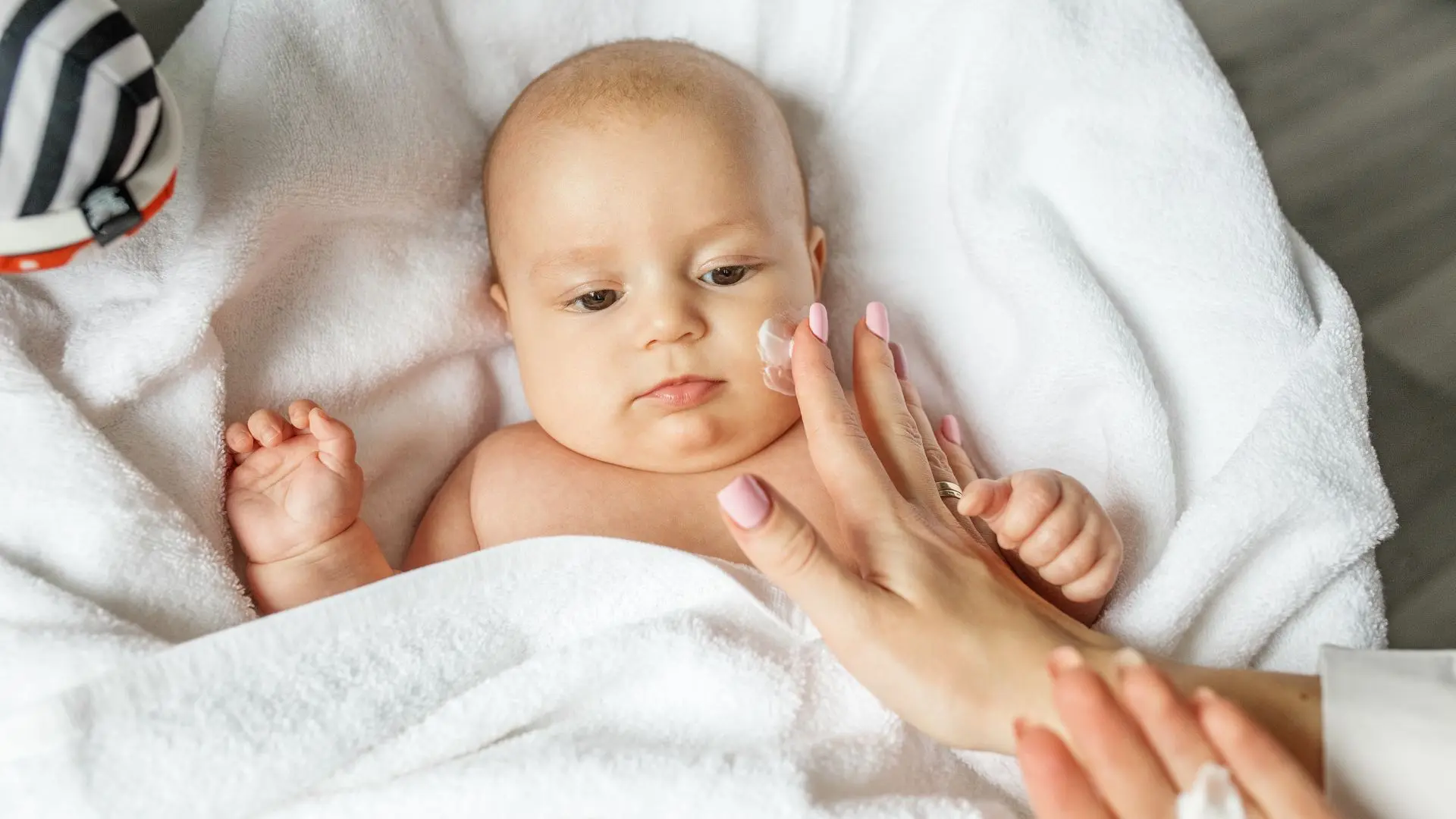
As parent one of the most delicate tasks is Baby skin care. Your little one’s skin is fragile, sensitive, and needs extra attention. But did you know that some popular baby products might be doing more harm than good? Shocking, right? Today, we’re discussing the hidden dangers of common baby skincare products and sharing safer, smarter alternatives to protect your baby’s precious skin.
In This Blog
ToggleUnderstanding Baby’s Skin: Why It’s Different
Your baby’s skin isn’t just a smaller version of yours; it’s an entirely different ball game. Here’s why:
- Thinner and More Absorbent: Baby skin is up to 30% thinner than adult skin, making it more prone to irritation and absorbing harmful chemicals.
- Weaker Barrier: It lacks the full development of a protective barrier, leaving it vulnerable to allergens and toxins.
- High Sensitivity: Even seemingly harmless products can cause rashes, dryness, or worse.
This means that choosing the right baby skin care products isn’t optional—it’s essential.
Hidden Dangers in Baby Skincare Products
You trust the products on store shelves, but not all of them deserve that trust. Let’s uncover some risks hiding in plain sight.
1. Harmful Ingredients to Watch Out For
- Fragrances: They might smell lovely, but synthetic fragrances are a leading cause of allergies and skin irritation.
- Parabens: These preservatives have been linked to hormone disruption. Always look for “paraben-free” labels.
- Sulfates: Found in baby shampoos and soaps, they strip the skin of natural oils, leading to dryness.
- Formaldehyde-Releasing Agents: Yes, it sounds scary—and it should. These are hidden in some baby wipes and lotions under names like quaternium-15.
2. Marketing Myths: Don’t Be Fooled
Labels like “natural” and “organic” don’t always mean safe. Many companies use these terms loosely, banking on our trust as parents. Always read ingredient lists and look for certifications like hypoallergenic or dermatologist-tested to ensure true safety.
Choosing the Right Products for Baby Skin Care
Here’s how you can cut through the noise and select products that truly protect your baby’s sensitive skin.
Read the Ingredients List Like a Pro
- Avoid anything with alcohol, which dries out the skin.
- Opt for products with shea butter, aloe vera, or colloidal oatmeal—gentle ingredients known for soothing properties.
Look for Trusted Certifications
- USDA Organic: A reliable mark of quality.
- EWG Verified: Ensures products are free from harmful chemicals.
- Fragrance-Free and Dye-Free: A must for sensitive skin.
Safer Alternatives to Store-Bought Baby Skincare
If you’re feeling skeptical about commercial options, why not try simple, DIY alternatives?
DIY Baby Skincare Remedies
- Coconut Oil: Great for dry patches and cradle cap.
- Oatmeal Bath: Soothes itchy or irritated skin—just blend oats into a powder and add to warm bathwater.
- Shea Butter Cream: A gentle moisturizer with no added chemicals.
Safe, Recommended Brands
If DIY isn’t for you, stick with dermatologist-recommended brands like Aveeno Baby, Eucerin Baby, or Earth Mama Organics for reliable options.
When to Worry: Recognizing Serious Skin Issues
Sometimes, no matter how cautious you are, skin issues can arise. So, when should you see a pediatrician?
- Persistent Rash: Doesn’t improve after a few days of care.
- Weeping or Crusting: Could indicate an infection.
- Sudden Swelling or Redness: May signal an allergic reaction.
Don’t hesitate to seek professional advice if you’re unsure—better safe than sorry.
Real-Life Stories: Learning from Other Parents
Stella, a mom of two, shared her experience:
“I always thought big brands were safe until my son developed eczema from a ‘natural’ baby lotion. Switching to fragrance-free options and using homemade remedies changed everything.”
Stories like Stella’s remind us of the importance of being vigilant about baby skin care.
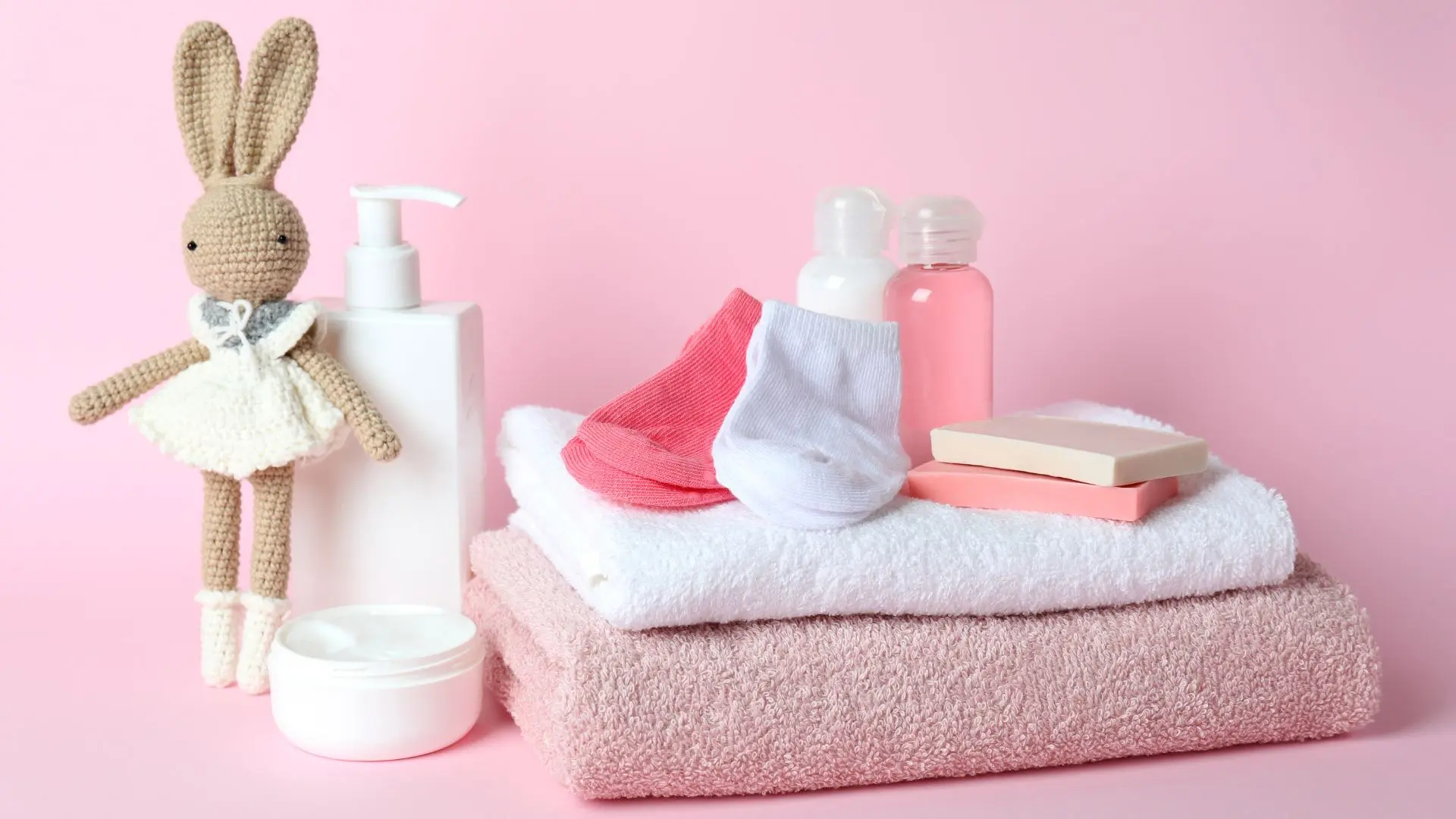
Conclusion: Take Charge of Your Baby’s Skin Care
Your baby’s skin deserves the best—and with a little knowledge, you can make informed choices that ensure their comfort and health. Remember:
- Check ingredients, avoid harmful chemicals, and don’t fall for misleading labels.
- Embrace safer alternatives, whether DIY or dermatologist-tested brands.
- Act promptly if you notice skin issues.
Protecting your baby’s skin might feel daunting, but you’ve got this! Every small step towards safer baby skin care is a big step toward your baby’s well-being.
Ready to revamp your baby’s skincare routine? Share this guide with other parents and let’s spread the word about safe baby skin care.
You may also be interested in : Breastfeeding Troubles You Didn’t Expect (and How to Solve Them)

